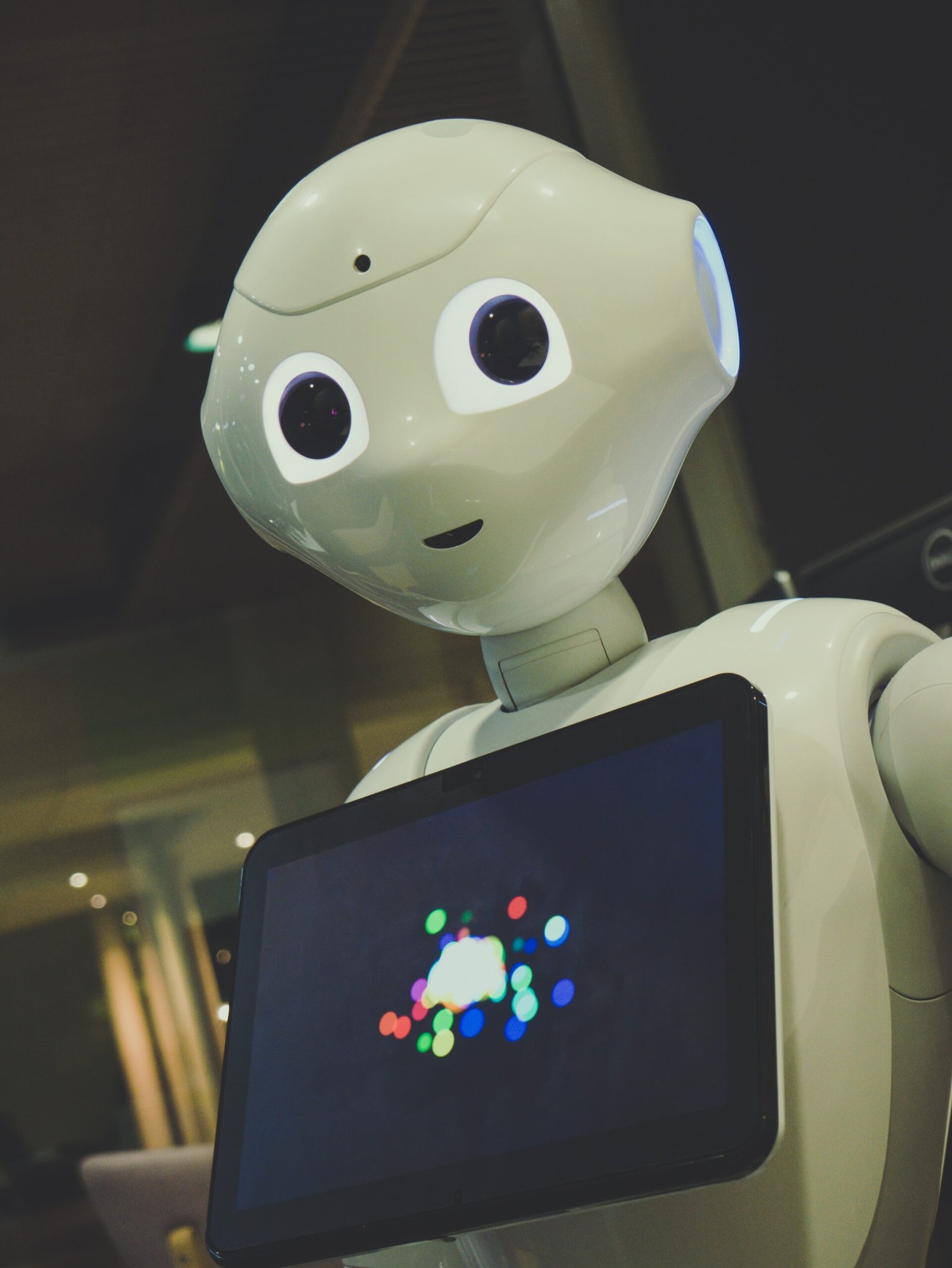Artificial Intelligence (AI) has the potential to revolutionize the medical world in ways we could have never imagined. With its ability to analyze vast amounts of data, identify patterns, and make predictions, AI is transforming healthcare and improving patient outcomes. In this blog post, we will explore the various ways AI is changing the medical world forever.
1. Early Detection and Diagnosis
One of the most significant impacts of AI in healthcare is its ability to aid in early detection and diagnosis of diseases. AI algorithms can analyze medical images, such as X-rays and MRIs, with incredible accuracy, helping doctors identify potential issues at an early stage. This early detection can lead to timely interventions and improved treatment outcomes.
2. Personalized Treatment Plans
AI can analyze vast amounts of patient data, including medical records, genetic information, and lifestyle factors, to develop personalized treatment plans. By considering individual patient characteristics and medical history, AI can help doctors make more informed decisions about the most effective treatment options for each patient. This personalized approach can lead to better patient outcomes and reduced healthcare costs.
3. Drug Discovery and Development
Developing new drugs is a complex and time-consuming process. AI is speeding up this process by analyzing large datasets and identifying potential drug candidates. AI algorithms can predict the efficacy and safety of new drugs, significantly reducing the time and cost involved in the development process. This accelerated drug discovery can bring new treatments to patients faster and improve overall healthcare.
4. Virtual Assistants and Chatbots
AI-powered virtual assistants and chatbots are transforming the way patients interact with healthcare providers. These intelligent systems can provide basic medical information, answer common questions, and even triage patients based on their symptoms. Virtual assistants and chatbots can enhance patient experience, provide round-the-clock support, and alleviate the burden on healthcare professionals.
5. Predictive Analytics and Preventive Care
AI algorithms can analyze patient data and identify patterns that may indicate the risk of developing certain diseases. By leveraging predictive analytics, healthcare providers can proactively intervene and provide preventive care to high-risk individuals. This shift from reactive to proactive healthcare can lead to better health outcomes and reduce the burden on healthcare systems.
6. Robotic Surgery
AI-powered robots are revolutionizing the field of surgery. These robots can assist surgeons during complex procedures, enhancing precision and reducing the risk of human error. AI algorithms can analyze real-time data from the surgical site and provide guidance to the surgeon, improving surgical outcomes and patient safety.
7. Remote Monitoring and Telemedicine
AI-enabled remote monitoring devices and telemedicine platforms are making healthcare more accessible and convenient. Patients can monitor their vital signs at home, and AI algorithms can analyze the data to detect any abnormalities. Telemedicine allows patients to consult with healthcare professionals remotely, eliminating the need for in-person visits in many cases. These advancements in remote monitoring and telemedicine are particularly beneficial for patients in rural areas or those with limited mobility.
In conclusion, AI is transforming the medical world in unprecedented ways. From early detection and personalized treatment plans to drug discovery and robotic surgery, AI is enhancing patient care, improving outcomes, and revolutionizing healthcare delivery. Embracing AI in the medical field has the potential to save lives, reduce costs, and make healthcare more efficient and accessible for everyone.
